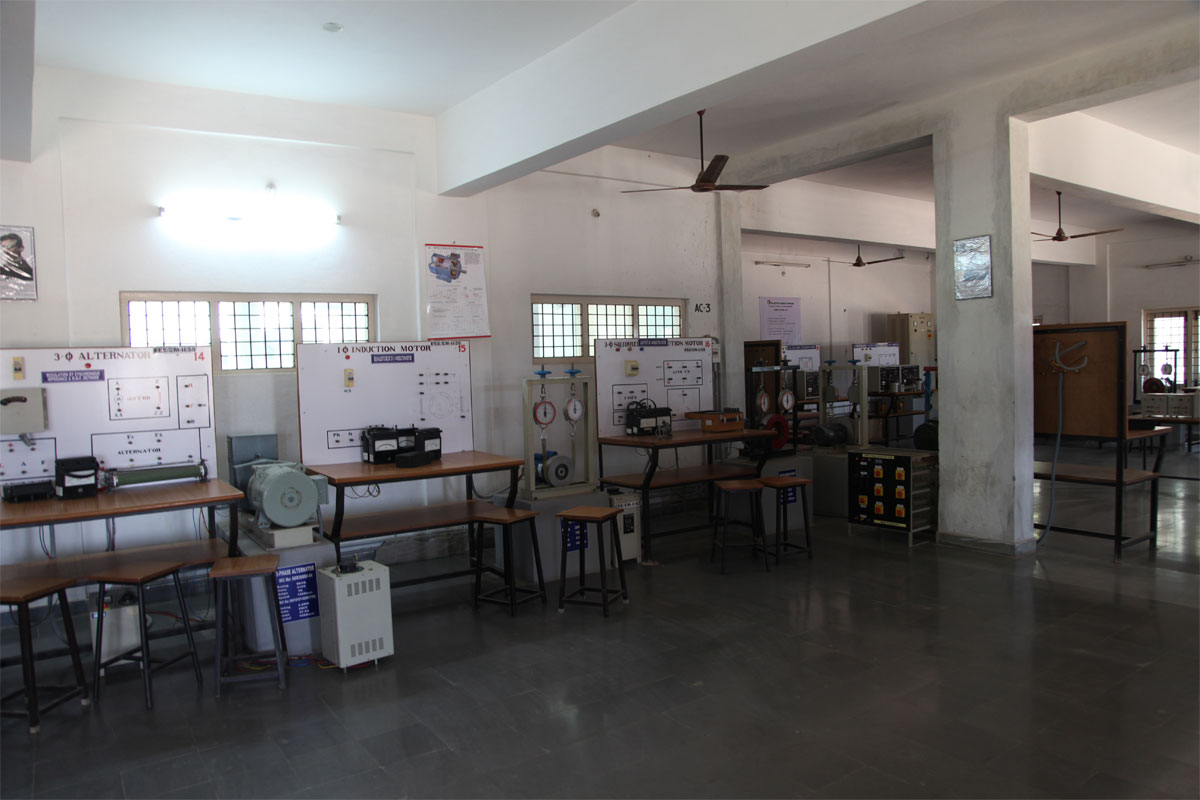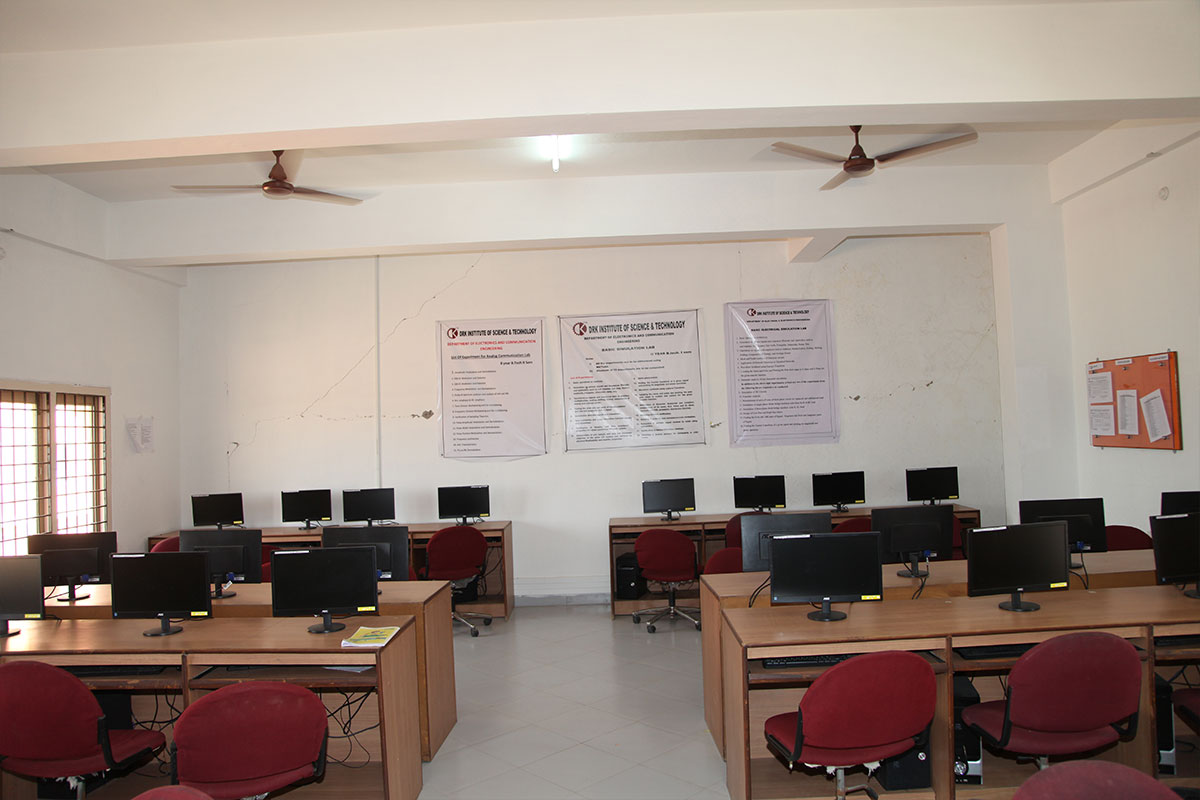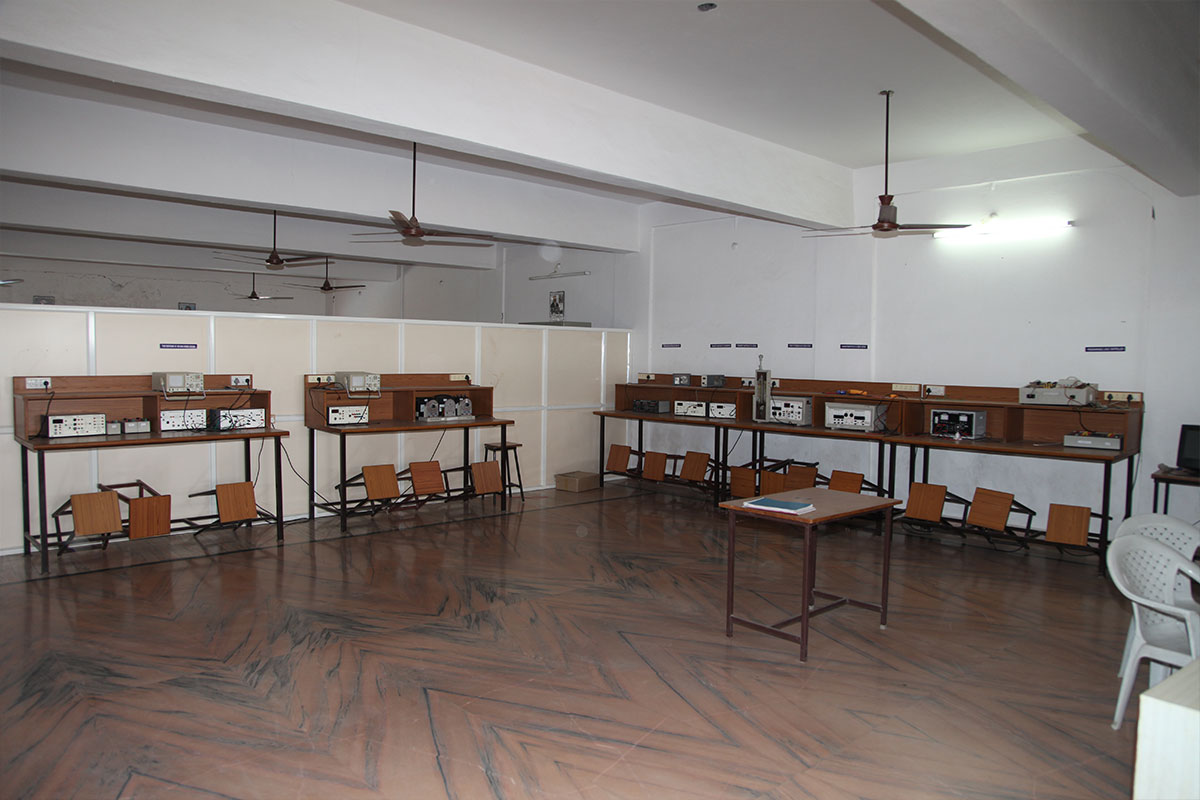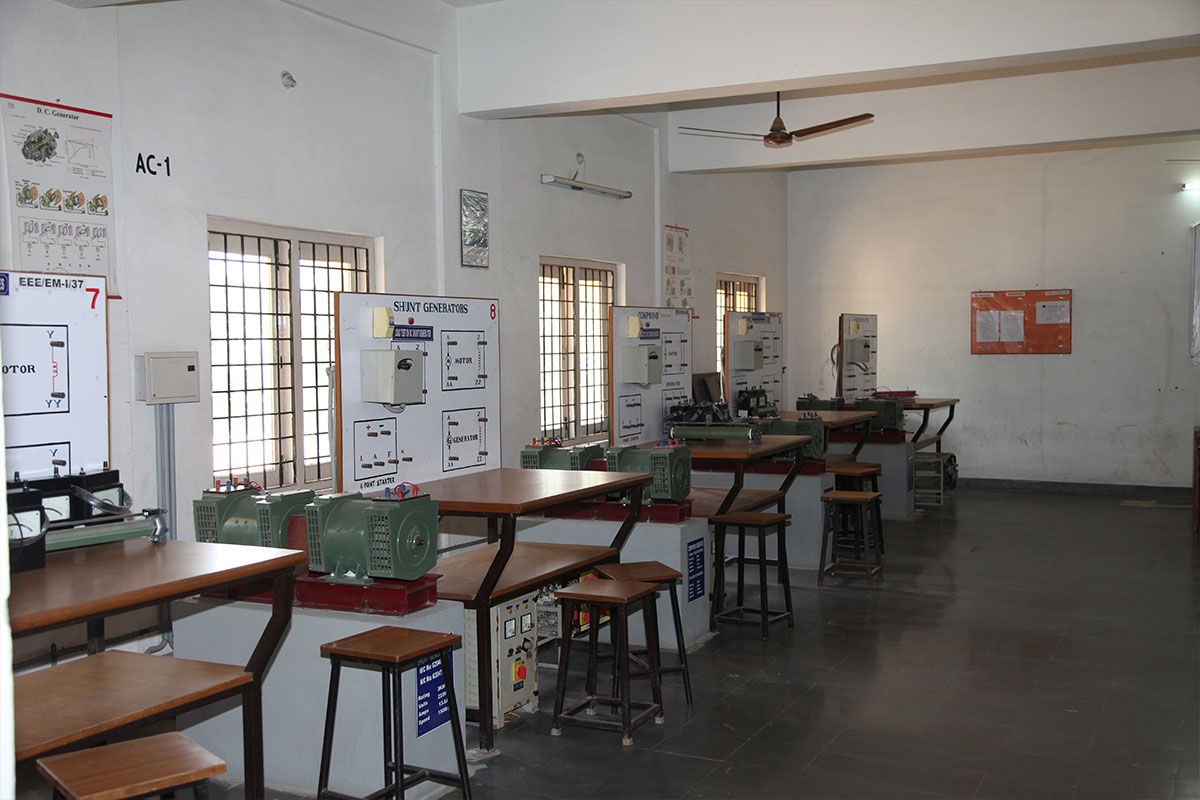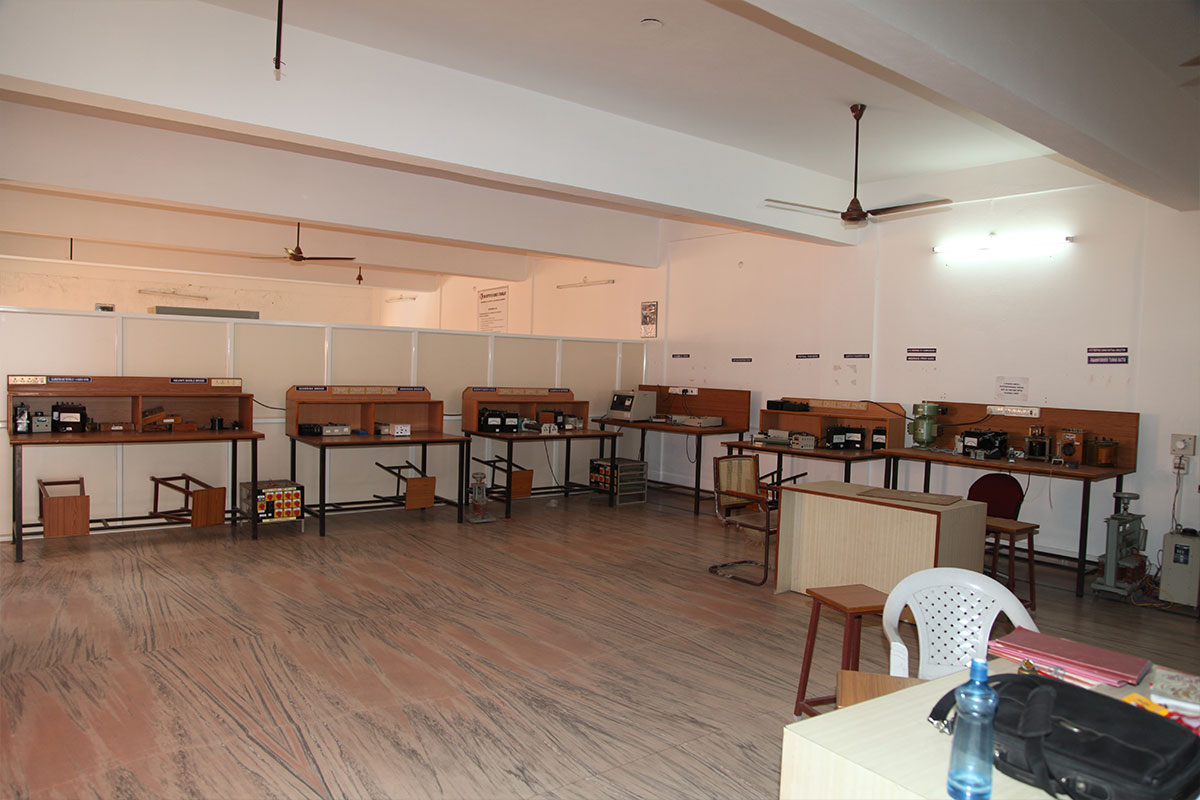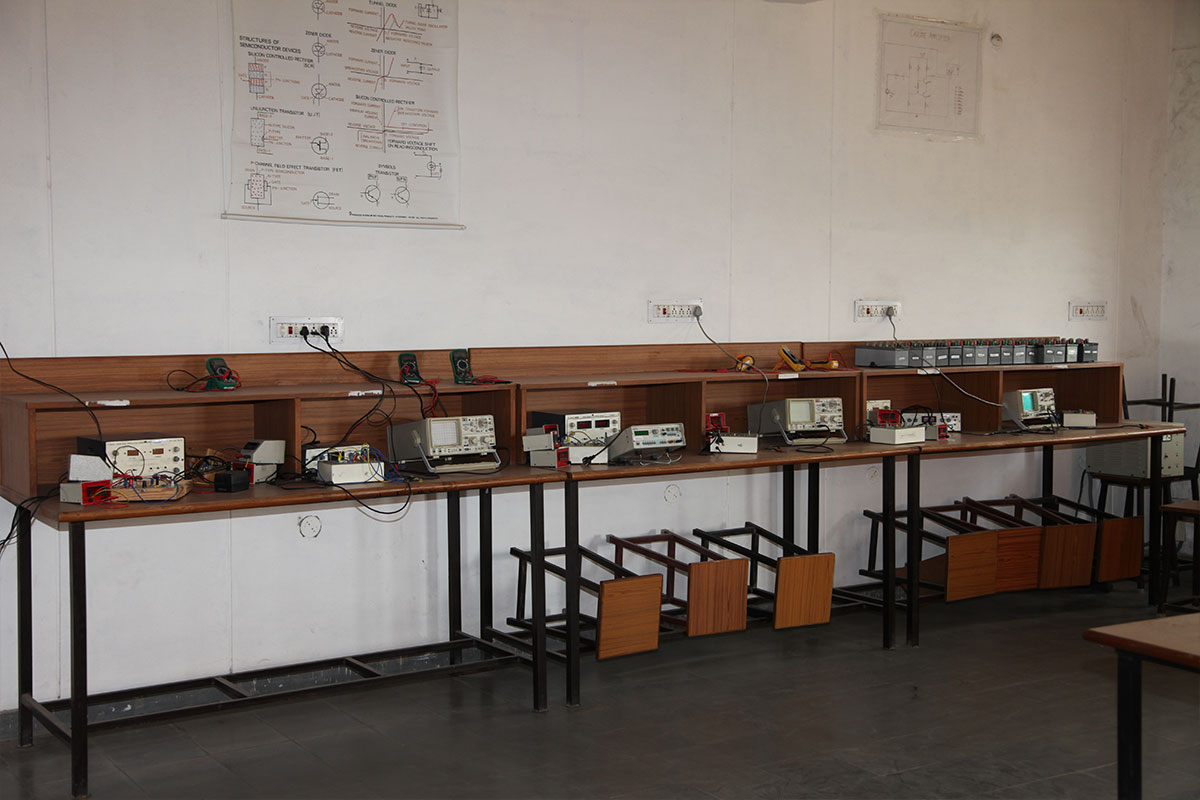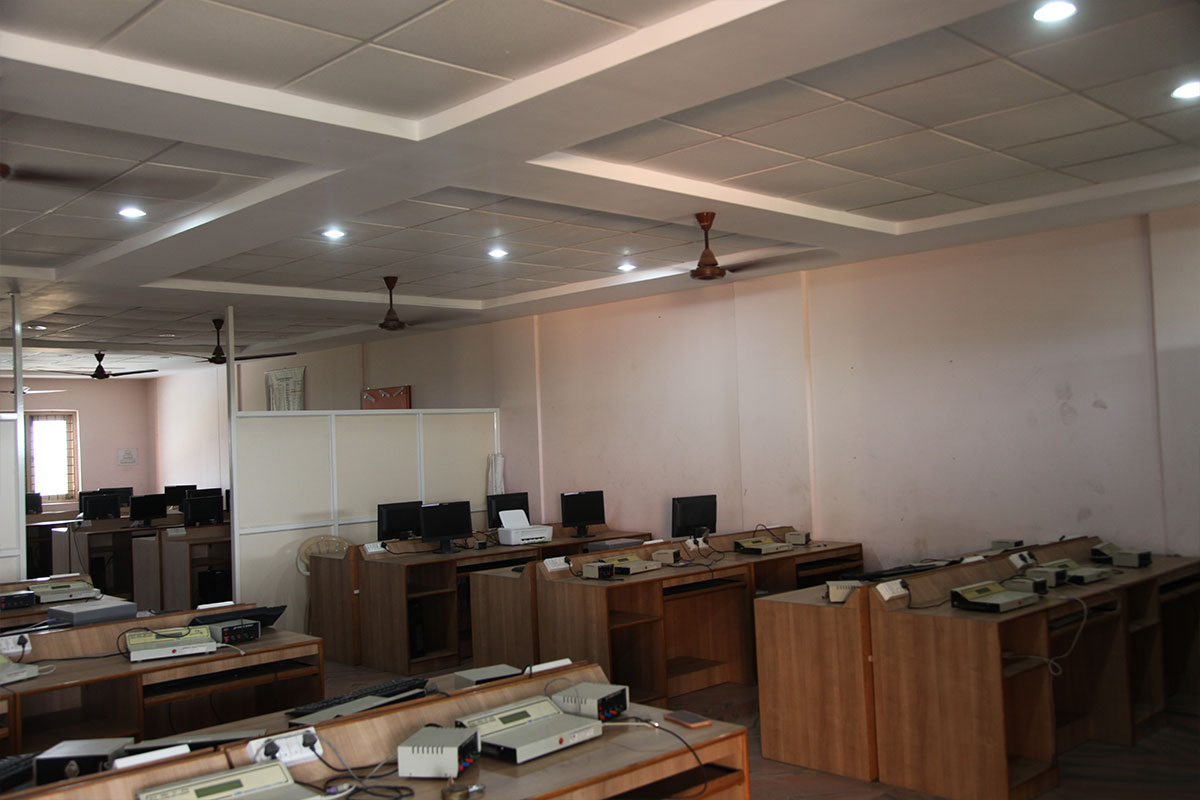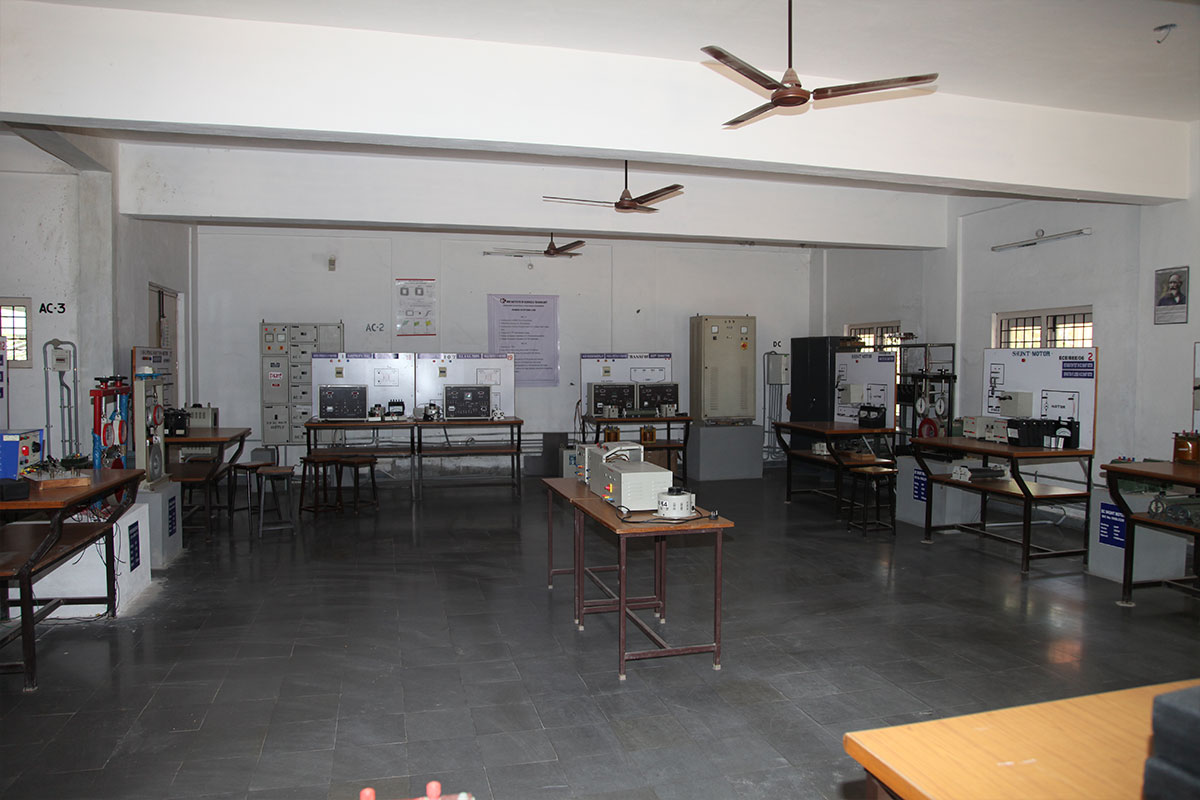Electrical And Electronics Engineering
May 26, 2024 2025-02-11 5:35Electrical And Electronics Engineering
About EEE Department
EEE is the engineering course to learn about power generation, transmission and distribution; electrical machines and power electronics. In simple Without electrical engineers, there is no power generation, and the trending industries, electronics and computers, would no longer exist. This explains the importance of electrical engineering in keeping the other industries sustained. DRK values the importance of this stream, and honors it by providing the course. Well equipped laboratories and sound academic record faculty are provided to make the students feel the greatness of “Electrical Engineering”.The department of EEE at DRK institute of Science and technology established in 2004. It offers Undergraduate programme in EEE with intake of 30 students.
The students are offered with innovative workshops, guest lectures, informative industrial visits, etc. on a regular basis, to keep them updated with the latest trends in the electrical and electronics engineering.
Vision
Mission
PEO’s, PO’s and PSO’s
- PO1. Engineering knowledge: Apply the knowledge of basic sciences and fundamental engineering concepts in solving engineering problems.
- PO2. Problem analysis: Identify and define engineering problems, conduct experiments and investigate to analyze and interpret data to arrive at substantial conclusions.
- PO3. Design/development of solutions: Propose an appropriate solution for engineering problems complying with functional constraints such as economic, environmental, societal, ethical, safety and sustainability.
- PO4. Conduct investigations of complex problems: Perform investigations, design and conduct experiments, analyze and interpret the results to provide valid conclusions.
- PO5. Modern tool usage: Select or create and apply appropriate techniques and IT tools for the design & analysis of the systems.
- PO6. The engineer and society: Apply reasoning informed by the contextual knowledge to assess societal, health, safety, legal and cultural issues and the consequent responsibilities relevant to the professional engineering practice.
- PO7. Environment and sustainability: Demonstrate professional skills and contextual reasoning to assess environmental or societal issues for sustainable development.
- PO8. Ethics: Apply ethical principles and commit to professional ethics and responsibilities and norms of the engineering practice.
- PO9. Individual and team work: Function effectively as an individual, and as a member or leader in diverse teams, and in multi-disciplinary situations.
- PO10. Communication: Communicate effectively among engineering community, being able to comprehend and write effectively reports, presentation and give / receive clears instructions.
- PO11. Project management and finance: Demonstrate and apply engineering & management principles in their own / team projects in multidisciplinary environment.
- PO12. Life-long learning: Recognize the need for, and have the ability to engage in independent and lifelong learning.
- PSO1: An ability to apply concepts in electronics and communication engineering, to design and implement complex systems in the areas related to analog and digital electronics , communication, signal processing ,VLSI& ES .
- PSO2: Proficiency in specialized software packages and computer programming useful for analysis or design of electronic engineering subjects.
- PSO3: Apply principles of engineering mathematics, physics in using electronic modern IT tools (both hardware & software) for the design and analysis of complex electronic systems in furtherance to research activities.
- PEO1: To provide students with solid foundation in mathematical, scientific and all ECE fundamentals required to solve engineering problems.
- PEO2: Communicate effectively and manage resources skillfully as members and leaders of the profession.
- PEO3: Be receptive and attentive to new technologies through lifelong learning such as advanced degrees, publications and other professional activities.
HOD Profile
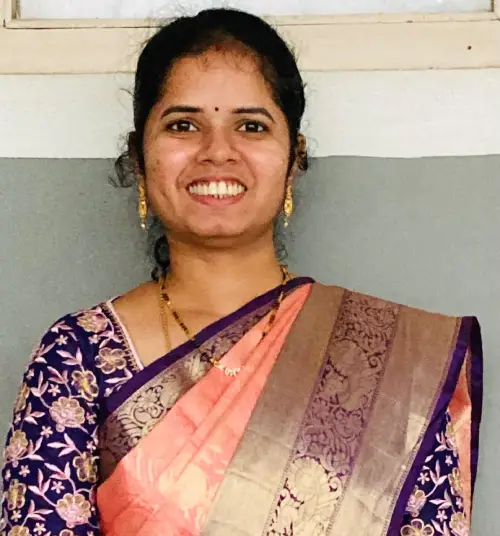
Mrs. Y. SAI JYOTIRMAYI
Assistant Professor & HOD
Department of EEE
Years of Experience: 5 Years
JNTUH Unique Id: 7264-231020-130413
AICTE ID:
Areas of Specialization: Electrical Power Systems, Electrical Machines
M.Tech: Electrical Power Systems from JNTUH (College Topper)
B.Tech: EEE From JNTUK (Gold Medalist)
Joining Date: 12-10-2023
Nature of Association: Regular
Subject Taught: Basic Electrical Engineering, Power Systems, Electrical Machines, Control systems, Electrical Utilization, Electrical Circuits, AI.
Papers Published:
INTERNATIONAL CONFERENCES:
- Y.Saijyotirmayi, Ch.Rami Reddy 2023.PV Fed Vehicle Application with Fuzzy Controlled AOF For Non Linear Load. In 19th India Council International Conference INDICON 2022. Cochin University, Kerala.DOI 24-26 Nov,2022.
- Y.Saijyotirmayi,G.swati 2021. Future of Electric vehicles of India. In IEEE International Conference. DOI Dec 2021.
Department Faculty
| S NO | NAME | JNTUH ID | QUALIFICATION | DESIGNATION |
| 1 | Mrs.SAI JYOTIRMAYI YENUGA | 7264-231020-130413 | M.Tech | Assistant Professor & HOD |
| 2 | Mr.SUDHAKAR PANDIAN CHENDUR | 507-221215-172645 | M.Tech | Assistant Professor |
| 3 | Mr.SWAMY MEDURI | 8877-210706-141909 | M.Tech | Assistant Professor |
| 4 | Mr.SASIDHAR GOGULAMUDI | 5890-210707-111240 | M.Tech | Assistant Professor |
| 5 | K SIRISHA | 4490-240912-140654 | M.Tech | Assistant Professor |
| 6 | Mrs.SHANTALA | 4997-240217-163027 | M.Tech | Assistant Professor |
| 7 | MOHD.NAVABI JANI | 9184-210318-111310 | M.Tech | Assistant Professor |
| 8 | Mr. AMARESHWAR REDDY RAVULAPELLI | 6081-220701-142250 | M.Tech | Assistant Professor |
| 9 | DR.ESHWARAMMA | 2440-220706-160853 | P.hd | Associate Professor |

